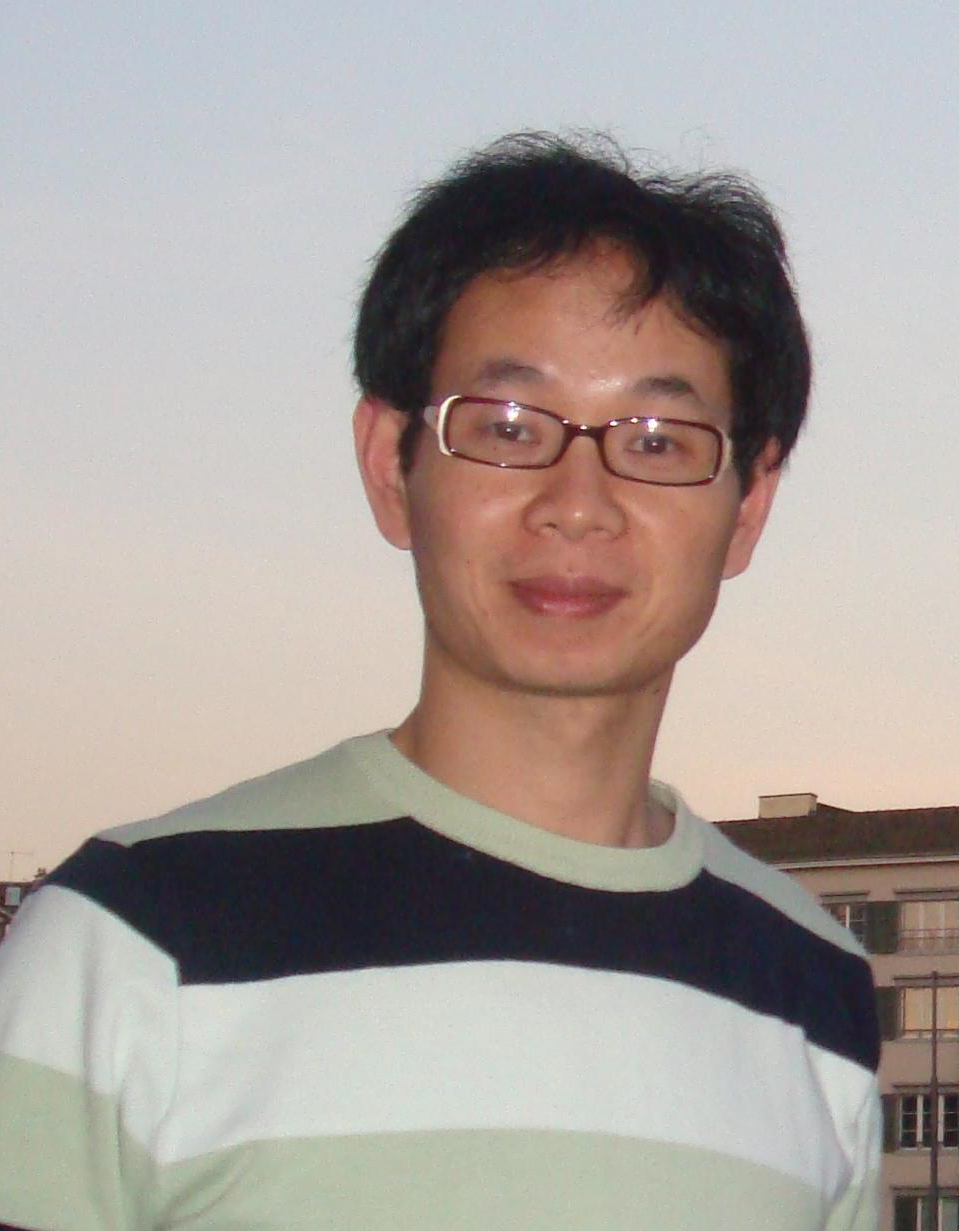 |
Shengyong Chen PhD & Professor, Vice President, IET Fellow, Tianjin University of Technology |
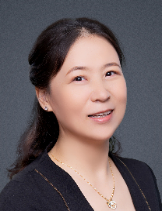 |
Xiaoyan Chen PhD & Professor, IEEE Member, Tianjin University of Science and Technology |
 |
Dong Ming PhD & Professor, Vice President, Medical School, Tianjin University, China |
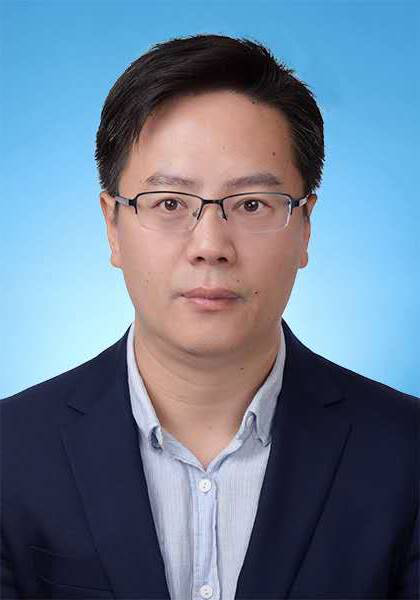 |
Peiwu Qin PhD & Professor, Tsinghua Shenzhen International Graduate School, Shenzhen, China |
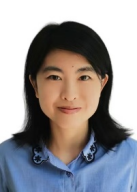 |
Ying Qu PhD & Professor, Faculty of Geographical Science, Beijing Normal University, China |
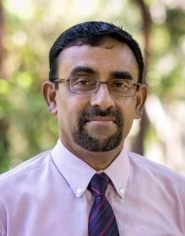 |
Liyanage C De Silva PhD & Professor, Dean, School of Digital Science (SDS), Universiti Brunei Darussalam (UBD), Brunei Darussalam |
Smart Healthcare by Learning of Data: Understanding of Medical Images and Signals
Shengyong Chen, PhD & Professor, Vice President, IET Fellow
Tianjin University
of Technology
Email: csy@tjut.edu.cn

Bio-Sketch: Prof. Shengyong Chen received the Ph.D.
degree from City University of Hong Kong in 2003. He
worked as a guest researcher at University of Hamburg,
Germany, where he received a fellowship from the
Alexander von Humboldt Foundation in 2006. He was a
visiting professor at Imperial College London, from 2008
to 2009. He is currently a full Professor and
Vice-President in Tianjin University of Technology. He is
an IET Fellow and an IEEE senior member. His research
interests include machine vision and robotics. He
received the National Outstanding Youth Foundation Award
of NSFC. He has applied over 100 patents and published
over 400 scientific papers, including 100 in IEEE
Transactions, and 5 Best Paper Awards from international
organizations. His work received over 15000 citations in
Google Scholar.
Research and Applications of Computer Vision in Intelligent Security System
Xiaoyan Chen, PhD & Professor
Tianjin University
of Science and Technology, Tianjin, China
Email:
cxywxr@tust.edu.cn

Bio-Sketch: Xiaoyan Chen is Professor of
College of Electrical Information and Automation of
Tianjin University of Science and Technology and
Chief scientist of Shenzhen Soft Technology Co.,
LTD. She focuses on theoretical research of digital
image processing with advanced techniques and their
application to real world scenes. Except the
traditional image processing and reconstruction, she
devotes herself in novel approaches of machine
learning and deep learning to address the target
detection at low-light or low-spatial resolution
cases. She is the reviewers of several famous
journals of IEEE and the member of IEEE. She also is
the director of the Life Electronics Branch of the
Chinese Electronics Society, the director of the
Tianjin Electronics Society and the Tianjin
Instrumentation Society. She was the visiting
scholar of Rensselaer Polytechnic Institute in USA,
University of Kent in UK and the postdoctoral fellow
at Tianjin University. She once won a second prize
of Tianjin Science and Technology Progress Award and
a third prize of Tianjin Technology Invention Award.
She has published more than 100 academic papers in
which 30+ are cited by Science Citation Index.
Development and Challenges of Non-invasive Brain- Computer Interface
Dong Ming, PhD & Professor, Vice President
Medical School,
Tianjin University, China
Email: richardming@tju.edu.cn

Bio-Sketch: Professor Dong Ming, Vice
President of Tianjin University, Chair
Professor. He was a winner of Distinguished
Young Scholars of the National Nature Science
Fund, National Special Support Plan for
High-level Talents. He serves as member of the
Science and Technology Committee of the
Ministry of Education and holds prestigious
positions including Director of the National
Health and Medical Big Data Research Institute,
Director of the Intelligent Medical Engineering
Research Center at the Ministry of Education,
and Executive Director of the Haihe Laboratory
of Brain-Computer Interaction and Human-Machine
Integration. He is also a Life Member of the
International Functional Electrical Stimulation
Society (IFESS), the Vice Chairman of the
Chinese Society of Biomedical Engineering, and
the Vice Chairman of the Brain-Computer
Interface and Brain-like Intelligence
Professional Committee at the China
Standardization Association. Prof. Ming’s
research expertise concerns the foundational
theories and critical technologies of
intelligent human-machine interaction. He has
also advanced substantial engineering
applications of intelligent systems. His work
have been recognized with the IOP Highly Cited
Award, featured in JNE Highlight, JNER Highly
Accessed, and covered by IEEE TBME and JBHI and
reported by special issues of Science and
Nature.
Data Driven Technologies for Adolescent Big Health
Peiwu Qin, PhD & Professor
Tsinghua
Shenzhen International Graduate School,
Tsinghua University
Email:
pwqin@sz.tsinghua.edu.cn

Bio-Sketch: Dr. Peiwu Qin received
the B.Sc. degree in biotechnology from
Northeastern Agricultural University,
Harbin, China, in 2002, the M.Sc. degree
in developmental biology from Chinese
Academy of Sciences, Beijing, China, in
2005, the M.Sc. degree in physical
chemistry from Northeastern University,
Boston, USA, in 2008, the M.Sc. degree in
statistics from University of Missouri,
Columbia, Missouri, USA, in 2013, and the
Ph.D. degree in biochemistry from
University of Missouri, Columbia,
Missouri, USA, in 2013. He has been a
Post-Doctoral Fellow with department of
physics, University of California,
Berkeley from 08/2013 to 08/2018. He was
assistant professor at Tsinghua-Berkeley
Shenzhen Institute from 09/2018-01/2022
and promoted to associate professor at
Tsinghua Shenzhen International Graduate
School, Shenzhen, China. He has published
more than 70 SCI papers with more than 24
M RMB competitive funding support. He
changed his research focus from single
molecule biophysics to adolescent big
health since 2018 and study myopia and
mental illness screening device and
corresponding computational methods for
their diagnosis and prediction.
Emergency Disaster Response with Satellite Imagery
Ying Qu, PhD & Professor
Faculty of
Geographical Science, Beijing Normal
University, China
Email:
yingqu@bnu.edu.cn

Bio-Sketch: Ying Qu is a
professor in the Faculty of
Geographical Science at Beijing
Normal University. She received the
IEEE MIKIO Takagi Student Prize (best
student paper award) at the
International Geoscience and Remote
Sensing Symposium (IGARSS) in 2016.
She currently serves as an associate
editor for IEEE Transactions on
Geoscience and Remote Sensing. Her
research interests encompass remote
sensing image analysis and computer
vision. By integrating traditional
remote sensing theory with artificial
intelligence techniques, she has
achieved breakthroughs in
unsupervised and unregistered image
fusion, as well as open-set land
cover classification. These
advancements have significantly
enhanced the accuracy and efficiency
of urban destruction detection and
large-scale mapping.
Bioinspired AI and IoT: Crafting Intelligent Ecosystems from Homes to Forests
Liyanage C
De Silva, PhD & Professor,
Dean, School of
Digital Science (SDS), Universiti
Brunei Darussalam (UBD), Brunei
Darussalam
Email:
liyanage.silva@ubd.edu.bn

Bio-Sketch: Professor
Liyanage C De Silva received
BSc Eng(Hons) degree from the
University of Moratuwa Sri
Lanka in 1985, MPhil degree
from The Open University of Sri
Lanka in 1989, MEng and PhD
degrees from the University of
Tokyo, Japan in 1992 and 1995
respectively. He was with the
University of Tokyo, Japan,
from 1989 to 1995. From April
1995 to March 1997 he has
pursued his postdoctoral
research as a researcher at ATR
(Advanced Telecommunication
Research) Laboratories, Kyoto,
Japan. In March 1997 he has
joined The National University
of Singapore as a Lecturer
where he was an Assistant
Professor till June 2003. He
was with the Massey University,
New Zealand from 2003 to 2007.
Currently he is a Professor of Engineering and
former Dean, Faculty of
Integrated Technologies (FIT)
and the Dean, School of Digital
Science (SDS) at the Universiti
Brunei Darussalam
(UBD).Liyanage’s current
research interests are Internet
of Things (IoT) Neural Network
Applications, Image and Speech
Signal Processing (in
particular multi modal emotion
recognition and speech emotion
analysis), Digital
Communication (CDMA, OFDMA
etc.), Information theory
(source coding), Pattern
recognition and understanding
(biometric identification),
Multimedia signal processing,
and Smart Sensors (Smart
environments for security,
eldercare and energy
efficiency). Liyanage has
published over 180 technical
papers in these areas in
international conferences,
journals and Japanese national
conventions and jointly holds
three US, one Brunei and one
Japanese national patent. The
Japanese national patent was
successfully sold to Sony
Corporation Japan for
commercial utilization.
Liyanage’s works have been
cited as one of the pioneering
works in the bimodal (audio and
video signal based) emotion
recognition by many
researchers. His papers so far
have been cited by more than
5200 times (according to
scholar.google.com) with an
h-index of 30. Prof Liyanage C
De Silva (LC De Silva) - Google
Scholar